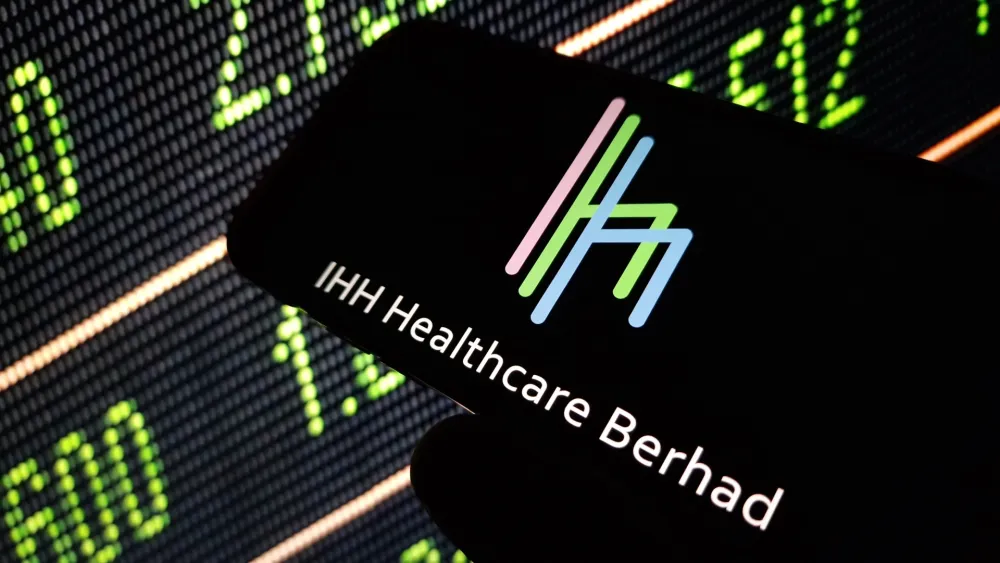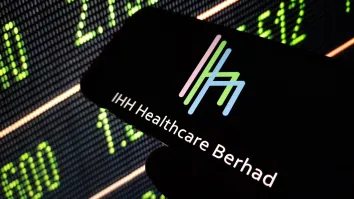
Prenatal testing market projects 12.6% CAGR growth until 2028
The global market is expected to reach $19.8b within the forecast period.
The global prenatal testing market is expected to reach $19.8b by 2028 at a compound annual growth rate (CAGR) of 12.6%.
A report by BCC Research revealed that the market is driven by a rising prevalence of Down syndrome cases and an increase in maternal age.
“As women age, the risk of their unborn children developing chromosomal defects, such as Down syndrome, increases significantly,” BCC said.
ALSO READ: Peripheral artery disease market poised for $10.8b growth by 2035
The report stated that a woman’s chance of developing it by the age of 40 is about one in 100, compared to less than one in 1,250 at the age of 25.
Meanwhile, advancements in technology also serve as a key driver to the market’s growth.
Innovations, including non-invasive tests that analyse fetal DNA in the mother's blood, have greatly improved the accuracy of prenatal testing, contributing to the market’s expansion.



















 Advertise
Advertise






